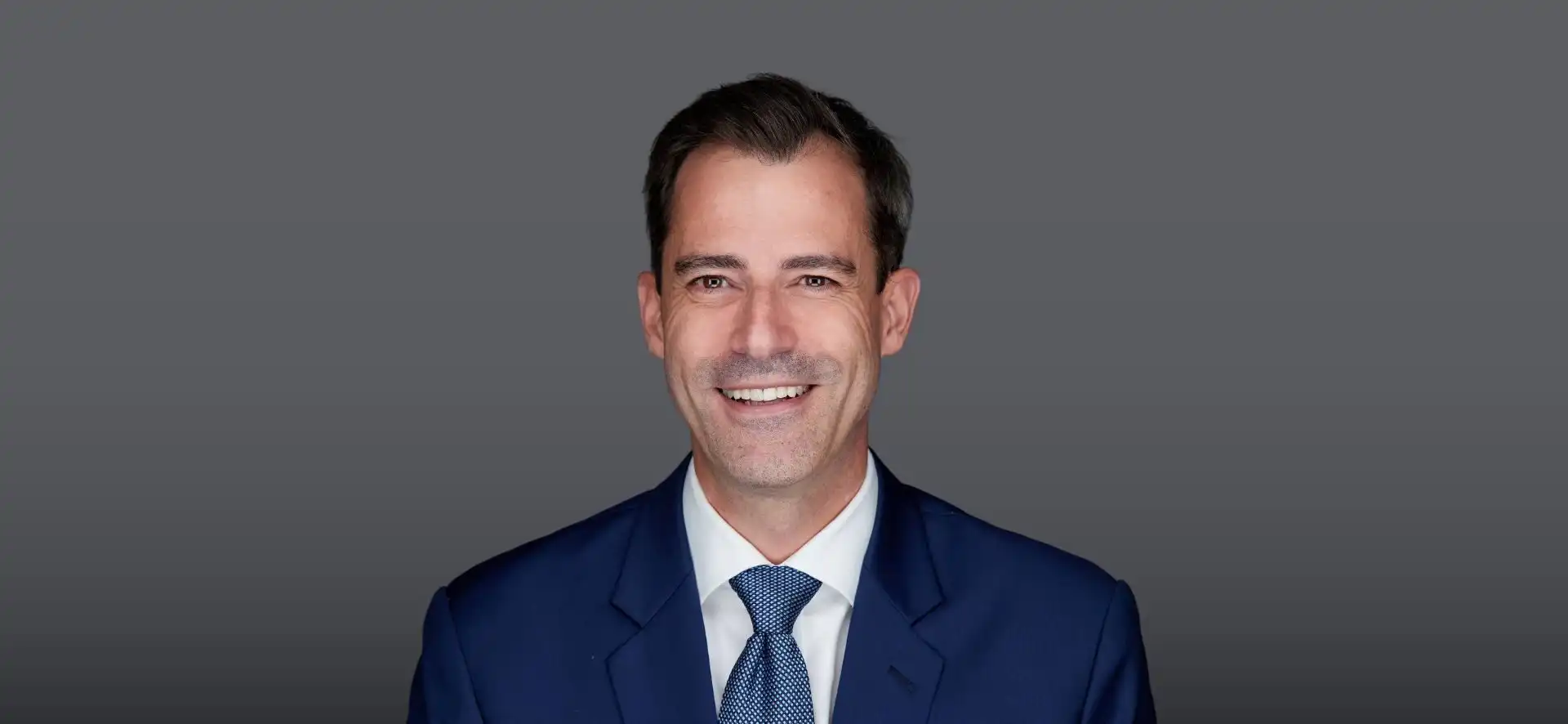
Julien le Goff used to wear what he called a “bulletproof vest” at the workplace.
“I was one of those guys who had triple layers of defense. Few people at my workplace knew the real me, my personal life, or my family,” he said, referring to his default approach during his 23-year career as a leader. “I was also very reason-driven and competitive.”
That is, until last year when the 48-year-old recalibrated his mindset on effective leadership after he embarked on an Executive MBA (EMBA) program at IMD. “I don’t wear that armor anymore,” he said. “And I rediscovered the word vulnerability.”
Taking a human-centric approach to leadership
Le Goff started his career in the automotive sector as a project manager at French carmaker Renault before moving to leadership roles at multinationals including automobile manufacturer Fiat-Chrysler. Currently the head of global customer research and insights at US agricultural machinery manufacturer AGCO, he recalled how his EMBA journey began.
“I applied for an EMBA program more than 10 years ago, driven by the need for a broader perspective on business matters and to enhance my effectiveness in engaging with senior leadership teams,” he said. “Coincidentally, during that period, I was approached by a recruiter to join my current company. I took up the job offer due to the promising personal development prospects it offered, coupled with increased responsibilities in a new industry.”.
Over the next decade, Le Goff moved up the corporate ladder at AGCO. Despite having grown into his leadership roles over the years, he still recognized the need to upskill. “I saw the importance of evaluating and refining my leadership capabilities and style,” he explained.
In particular, Le Goff was drawn to the human element of leadership. “Two years ago, my approach was heavily influenced by competitiveness, always striving for excellence, and pushing boundaries. I viewed people as a means to identify and achieve something better and bigger,” he admitted. “However, I struggled to maintain the right balance, especially when faced with challenges and pressures. My reflex was to revert to my results-driven approach, sometimes compromising the human dimension in the process.”
Maintaining a collaborative environment, should it be with employees, business partners, investors, or customers, is the key success factor of any venture” he added. “You will not be successful alone.”
In the current zeitgeist of digital disruption, and amid an ever-evolving global business environment, Le Goff saw how important it was for impactful leaders to update and renew their skills. “Once upon a time, leaders were bosses who brought the team together. They were not so much role models but people who were charged with implementing change and the ones who were to be followed,” he said. “Today, leaders have to be so much more. They must be willing to be vulnerable and humble while creating a vision to inspire people. Caring and daring at the same time.”
“I realized how an executive program could assist me in this endeavor as it not only has the necessary assessment tools but also opens the door for the adoption of new strategies,” he said. “And like any buried dream, it resurfaced – and I decided to apply to IMD.”
The powers of authenticity, empathy, and self-awareness
A chief highlight of the EMBA, Le Goff recalled, was how it fostered a psychologically safe space where executives and managers can put their leadership skills into practice, a place where they can stay “authentic” and make mistakes without feeling fearful.
“During the course, I saw how I could continue to learn while being challenged by faculty, as well as my coursemates,” he said. “The ‘safe space’ allowed me to be a leader to problem-solve and have discussions without fear of being judged.”
While on the program, he zoned in on two leadership competencies that really stood out for him – self-awareness and empathy. “Empathy helps you really to understand different perspectives. You challenge yourself to see people’s reactions differently. Ask yourself why these people are frustrated, and if it is because of what you have done or said. From there, you can reframe the discussion or a relationship that didn’t start well. In this sense, self-awareness becomes a tool that you can use to slow down and ‘stretch time’ when the stakes are high and people come under pressure.”
He recounted the importance of these two traits during the program’s signature ‘discovery expedition’ earlier this year in Silicon Valley, when tensions ran high in the run-up to a venture capital pitch meeting.
“The pressure really got to us as we prepared and rehearsed for our presentation. There were five of us in our group with different professional backgrounds, cultures, and experiences. Our different personalities proved to be a great asset but also a potential source of friction from the outset,” he said. “Then I remembered what I learned during the leadership core module about how people tend to play with their “right-hand” in challenging situations, and how pausing and reconsidering our actions can lead to a positive change in group settings.”
In all, the experience reinforced the idea of how tension may be leveraged to create a positive impact. “We can agree to disagree,” he said. “Instead of coming to a friction point, we should look at building on each other’s ideas.”
Nevertheless, Le Goff cautioned that leaders looking to make a positive impact on team dynamics and at the workplace need to brace themselves for a “never-ending transformative journey.”
“It’s important to continue working on these new habits that you’ve acquired,” he said. “The transformation doesn’t just end in a year or 18 months. The development and learning curve will only take place if we continue to be aware of these transformational elements.”


